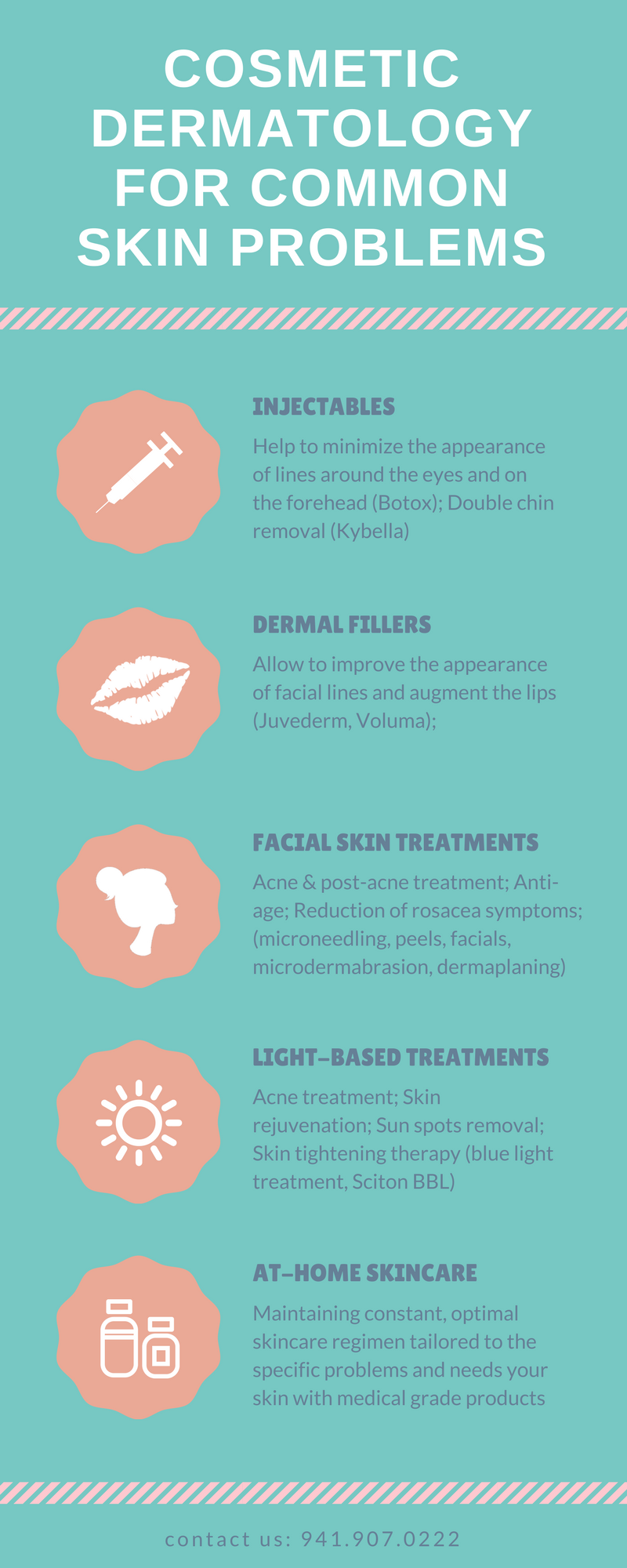Among The Myths Regarding Acne, Find The Unexpected Facts That Can Alter Your Skin Care Routine Permanently. What Truly Creates Your Outbreaks?
Among The Myths Regarding Acne, Find The Unexpected Facts That Can Alter Your Skin Care Routine Permanently. What Truly Creates Your Outbreaks?
Blog Article
Web Content By-McConnell Beyer
You may think that delighting in chocolate or oily foods is the source of your acne, yet that's simply one of numerous misconceptions swirling around this common skin disease. In fact, acne mainly stems from clogged hair follicles, not your last treat. Misunderstandings like these can lead you to adopt inefficient skincare practices that may also aggravate your situation. As you navigate the realities behind acne, you'll discover insights that can change your technique to skincare and assist you achieve more clear skin. So, what actually exists below the surface area?
Common Myths About Acne
When it concerns acne, many people count on typical misconceptions that can result in complication and irritation. One prevalent myth is that consuming delicious chocolate or greasy foods triggers acne. While diet regimen can affect skin health, the direct link between particular foods and acne isn't as precise as numerous think.
One more usual mistaken belief is that you need to scrub your face intensely to improve outbreaks. In truth, aggressive rubbing can irritate your skin and get worse acne.
You could likewise think that acne just affects young adults, however adults can experience it too, often as a result of hormone changes or stress. Some people think that tanning can clear up acne, however sunlight exposure can in fact cause skin damage and intensify outbreaks in the future.
Last but not least, numerous believe that using rough products will get rid of acne swiftly. However, botox fillers near me can strip your skin of its all-natural oils, resulting in increased irritability and more breakouts.
Scientific Information Behind Acne
Comprehending the clinical realities behind acne can empower you to tackle this common skin disease better.
https://www.medscape.com/viewarticle/953738 takes place when hair roots become obstructed with oil, dead skin cells, and bacteria. This procedure usually starts with an overflow of sebum, the oil your skin normally produces. Hormonal adjustments, particularly throughout the age of puberty or menstruation, can trigger this excess oil.
Germs known as Propionibacterium acnes flourish in these stopped up pores, causing inflammation. When your body immune system reacts, it can cause soreness and swelling, causing those annoying pimples or cysts.
Genes also play a role; if your parents had acne, you could be more vulnerable to it.
Diet and stress levels can influence acne as well, but study is still advancing in these locations. While enjoying oily foods won't straight create outbreaks, a balanced diet can sustain your skin health and wellness.
Furthermore, taking care of tension can decrease hormone variations that may get worse acne.
Tips for Managing Acne
Managing acne efficiently requires a mix of day-to-day skincare behaviors and way of life adjustments. Start by developing a regular skin care routine. Clean your face twice a day with a gentle, non-comedogenic cleanser to remove dirt and excess oil. Avoid scrubbing also hard, as this can aggravate your skin and intensify acne.
Next off, integrate products having salicylic acid or benzoyl peroxide to help prevent breakouts. Constantly follow up with a light-weight, oil-free cream to keep your skin hydrated. Don't neglect sunscreen; choose non-comedogenic choices to protect your skin from UV damages without clogging pores.
Beyond skin care, pay attention to your diet plan. Restriction sweet and greasy foods, and focus on fruits, vegetables, and entire grains. Staying hydrated is crucial, so beverage lots of water throughout the day.
Additionally, take care of tension with activities like yoga, reflection, or exercise, as anxiety can set off breakouts.
Last but not least, avoid picking or popping pimples. This can result in scarring and additional swelling. If your acne persists, consult a dermatologist for customized therapy choices.
Conclusion
In conclusion, it's important to separate fact from fiction when it involves acne. By exposing typical myths, you can better understand your skin and make informed selections for your skin care routine. So, why continue to believe in obsolete ideas when the truth can empower you? Welcome healthier habits, focus on mild cleaning, and bear in mind that taking care of acne is a trip. With the best expertise, you're one step closer to clearer, healthier skin.
